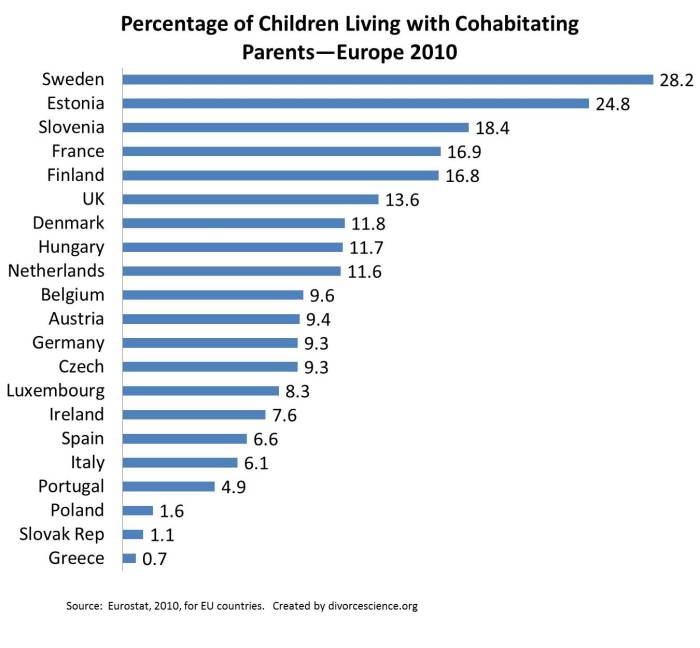One of the challenges in understanding the effects of divorce on children is that we frame the question in a way that prevents us from getting a deep understanding of the issues.
Most of the time we frame the question in terms of whether or not growing up in home with continuously married parents is better than one in which parents get divorced.
In this question we are comparing two structural arrangements of families without considering the marital or family processes that are embedded in these two structural arrangements.
A more fundamental question is what types of processes lead to better outcomes for children. This leads to questions such as:
- Is it better if children have parental role models that demonstrate the ability to manage their anger and differences and resolve differences in constructive ways?
- Is it better if children have both mothers and fathers who are actively engaged in talking, playing, and teaching them?
- Is it better for children in they have parents who provide limits and rules about behavior and deeply caring and affectionate towards them?
- Is it better for children to have parents to communicate similar messages and expectations to them about what they should and shouldn’t do?
- Is it better for children if parents support one another in their involvement with the children?
- Are children better off when their parents demonstrate respect for each other?
- Are children better off when they aren’t exposed to physical and emotional abuse between their parents?
These are all process questions. In general, research evidence shows that the answer to all of these questions is “yes.” The research also shows us that both married and divorced parents can possess or not possess each of these processes. There is also accumulating evidence that same sex couples can also possess or not possess these processes.
By focusing on the process questions in marriage, parenting and/or divorce education programs we can more broadly teach the skills and strategies that will help people be more effective in parenting regardless of the “structural” arrangement.
